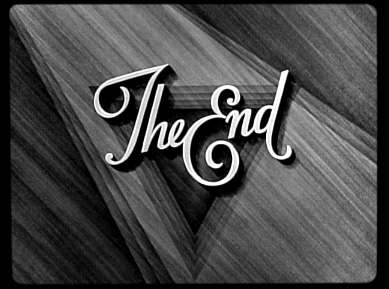“No live organism can continue for long to exist sanely under conditions of absolute reality.” Shirley Jackson
As I write this, I’ve had clients email
me about their husbands/wives leaving them at Christmas and another whose
spouse has just died unexpectedly. As I
flick through the newspaper, there is a plethora of unhappy events both in the
UK and abroad.
As Shirley Jackson wrote, how do we
continue to stay ‘sane’ when we face the harshness of such events in our
everyday lives? Some might react
defiantly by trying to block out any news other than living within their own
bubble. I have often been guilty of this, not wanting to absorb anymore misery
from the world. Our cup runneth over
with it all at this time of year- both a sickly sweet mix of festive cheer and
an echo from those who are alone, sad or without. It is a timely reminder.
You might know at least one
person who seems able to keep cheerful amidst most difficulties; one of those
‘mentally strong’ people we would all aspire to be like. What do most mentally resilient
people have in common? Here’s my top 10
habits you can adopt to grow your mental resilience in 2015:
1. Embrace Change: Change is the only constant in life though
human beings are often slower to adapt to a change in circumstances. To help manage change better, whether a
chosen or imposed change like divorce, aim to create a plan to deal with the
obstacles. Focus on the first step, then
the next etc. to avoid overwhelm. Focus
on the positives that could (eventually) arise from the change. For example, one of my clients started focusing
on all the interests she wanted to pursue which she couldn’t do when she was
married. She felt more liberated and
excited about her life which helped her to move on.
2. Keep going even if at first you don’t succeed: Having staying power is a sure sign of a resilient,
emotionally intelligent person. Most of
us give up because of fear when we first fail.
Be kind to yourself initially then realize that every mistake is an
opportunity to grow and learn. Then
‘failing’ no longer feels so scary.
3. Don't repeat the same mistakes over again: On the other hand, learning from our mistakes is the secret
to being savvy and sane. If you tend to
fall for the same man over and over again for instance who is bad for you, take
some time to ponder why and how you can establish a new behavior and utilize
more self-control in the matter.
Awareness is the first step to changing a habit.
4. Let go of having a Victim mentality: It might be tempting to have a ‘pity party’ though let’s
face it, what does that achieve? Being able to grieve for a loss and allow
yourself to experience an emotion and then let it go is healthy though staying
stuck in a ‘poor me’ state is not. It is
a waste of energy and leads to negative emotions like resentment and anger. Move on and practice gratitude daily.
5. Focus less on pleasing people: Being genuinely kind and supportive towards others is
different to being a pleaser, which arises from fear and a lack of personal
boundaries. If you tend to lose your
power by focusing too much on others needs, practice the word ‘no’ and learn
some assertiveness skills to arm yourself.
6. Focus on the Present, not the past: All the clients I see have issues arising from the past or
future- the past being the most toxic and limiting, whether it is viewed
nostalgically or coloured with bitterness.
If you are currently limited by your past baggage, make a list of all
the issues that are unresolved and make it a goal in 2015 to work through them-
whether that means forgiving someone, or yourself, realize this is the only way
to be truly happy in the present. If you're struggling to do this on your own, consider seeing a therapist to gain some support.
7. Be happy being alone: Most
of us feel uncomfortable being alone and need to avoid the possibility with
constant activity. Try stepping out of
your comfort zone and try just 10 minutes alone time to spend with yourself
doing something you enjoy. Gradually
increase the time and learn to value the solitude it brings.
8. Take calculated risks: We
spend most of our lives trying to avoid being uncomfortable though good things
can arise out of feeling anxious- it can be a sign you’re starting to shift the
balance towards growth. Balance logic
with your feelings and examine where this risk might take you in your life if
you take that leap.
9. Be willing to play the long game: We live in a short termist society that wants instant fixes
and results. Be flexible and realistic
however when setting goals and aspirations and be willing to put the work in
long term. Breaking down bigger life goals into smaller milestones can help you
stay content and sane along the journey.
10. Focus on the things you can control: As the serenity prayer goes- ‘..grant me the serenity to accept the things I cannot change, the
courage to change the things I can and the wisdom to know the difference.’ This is my mantra for life and as far as I’m
concerned, the secret to happiness. Amen.





